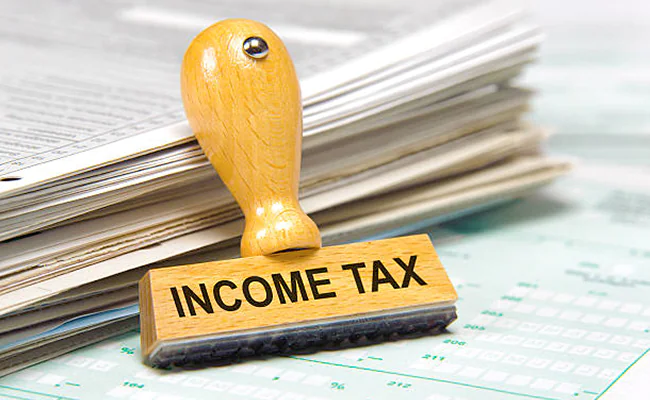The Income Tax Rules, framed under the Income Tax Act, 1961, govern the procedural aspects of income tax administration in India. These rules are formulated by the Central Board of Direct Taxes (CBDT) and provide detailed guidelines for the calculation, assessment, and collection of income tax.
| https://www.incometaxindia.gov.in/pages/rules/income-tax-rules-1962.aspx |
What is Income Tax Rule?

What are Income Tax Rules?
The Income Tax Rules are a set of provisions that detail how various aspects of the Income Tax Act should be implemented. While the Income Tax Act lays down the legal framework, the Rules provide practical procedures, forms, and compliance requirements for individuals, businesses, and other entities.
Key objectives of the Income Tax Rules include:
-
Standardizing tax processes
-
Enabling effective tax administration
-
Ensuring taxpayer compliance
-
Facilitating tax collection and refunds
-
Encouraging voluntary disclosure and transparency
Procedural Compliance
2. Deduction and payment of TDS/TCS
3. Maintenance of accounts and audit requirements
Digital Filing via Income Tax Portal
2. TDS return submission (Form 24Q, 26Q)
Regulation of Deductions and Exemptions
2. 80D (Health Insurance Premiums)
3. Capital gains exemptions under sections 54, 54F, etc.
Related Acts and Compliance
The Employees’ Provident Funds and Miscellaneous Provisions Act, 1952, commonly referred to as the EPF Act, is a cornerstone of...
The Companies Act, 2013 is the primary legislation that governs the incorporation, regulation, and dissolution of companies in India. Enforced...
